# 482 Lord of all hopefulness
Words: Jan Struther
Music: Slane, Irish ballad melody
Christ, Book of Kells
Source: Hymnary.org
Joyce Torrens-Graham (b. Westminster, London, England, 1901; d. New York, NY, 1953) wrote many poems and essays under the pen name of Jan Struther (derived from her mother's maiden name, Eva Anstruther). She wrote this text at the request of Percy Dearmer, with whom she prepared the enlarged edition of Songs of Praise (1931). It was first published in that hymnal to the tune SLANE. According to Frank Colquhoun, the text "is a work with a warm human touch, a healthy spiritual tone, and well merits its popularity." It is one of the best examples of the "all-day" hymn texts (dealing with the whole day, from morning to evening). The four stanzas begin by addressing God in terms of his attributes and then ask for specific blessings for morning, noon, evening, and night. Displaying a consistent literary structure, the text, according to Dearmer, "is indeed a lovely example of the fitting together of thought, words and music." In addition to her pen name, Struther also had the married names of Mrs. Anthony Maxtone Graham and, from a second marriage, Mrs. Adolf Kurt Placzek. During World War II she moved with her children to New York City and remained there until her death. In England she is best known for her novel Mrs. Miniver (1940), which consists of sketches of British family life before World War II. Immensely popular, the book was later made into a movie. Struther also wrote comic and serious poetry, essays, and short stories, published in Betsinda Dances and Other Poems (1931), Try Anything Twice (1938), The Glass Blower (1941), and, posthumously, The Children's Bells (1957). Songs of Praise (1931) included twelve of her hymn texts.
SLANE is an old Irish folk tune associated with the ballad "With My Love on the Road" in Patrick W. Joyce's Old Irish Folk Music and Songs (1909). It became a hymn tune when it was arranged by David Evans (PHH 285) and set to the Irish hymn "Be Thou My Vision" published in the Church Hymnary (1927). SLANE is named for a hill in County Meath, Ireland, where St. Patrick's lighting of an Easter fire–an act of defiance against the pagan king Loegaire (fifth century)–led to his unlimited freedom to preach the gospel in Ireland.
Enjoy the choir at Ely Cathedral YOUTUBE

